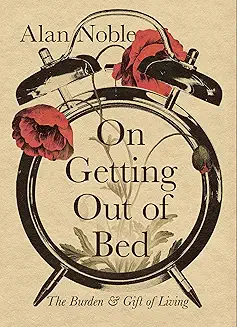
Still Evangelical?: Insiders Reconsider Political, Cultural, and Theological Meaning
edited by Mark Labberton
ISBN 978-0-8308-4537-8
IVP Books
Reviewed by Clint Walker
Written after the 2016 election, a number of persons from varied backgrounds were asked, in light of the election of Donald Trump and his overwhelming support among persons who identified themselves and evangelicals, if they could still adopt the label evangelical and consider themselves a part of the evangelical community. The eleven contributers come to different conclusions, approach the question differently, while each of them educate along the way.
The contributors are seminary presidents, activists, scholars, and members of the Christian media. They are Asian, Latinx, African-American, and European-American. Although I would have liked to see more African-American authors, this is a diverse group of authors.
I started reading this book over two years ago when I began a small group studying the text. I was not enthusiastic about it. I am kind of a lone-wolf and an introvert. I had a hard time understanding how someone could change their theological spots, so to speak, because some racist idiot got elected President. I guess I would consider myself an evangelical, but I am not a big fan of labels and cliques anyway.
So, I started reading these authors. Some feel like they need to defend evangelicalism. Some feel like they need to criticize evangelicalism. Others just feel like they need to testify about their experiences and the experiences of their community. Through the process, I learned a lot. Specifically I was afforded the possibility of thinking deeper about the following:
- The difference between compassion and justice
- How the history of how the marriage of conservative politics' intimate relationship with evangelicalism is historically grounded in institutional racism
- The history of anti-Latino/a sentiment in America
- How for many minority communities, silence by evangelicals is seen as complicity with racrist practices
- How the default of defining ourselves by theology and belief instead of practice in Christian circles leads to complicity in evil at best and guilty participation in poltical evil at worst.
There is much more here than this. Christians need to read more and think more about these issues. Not just because there are Black Lives Matters rallies each day, but rather because racial dialogue and reconcilation is going to be a huge part of our societal and ecclesial future. If we don't address this issues now in empathetic yet reasoned ways, there will be a price to pay in the future.



No comments:
Post a Comment